Frost & Sullivan recently concluded its study on “Competitive Benchmarking of OEM Practices for Passenger Vehicles Retail in India”, an exclusive study done for FADA (Federation of Automobile Dealers Associations). The study was to present a competitive analysis of the best OEM practices for passenger vehicle retail in India and give recommendations for improvements and sustainability of the business.
Declining sales, negative customer sentiments, and unclear future growth has made such times more difficult for vehicle manufacturers as well as the dealer community. Sales volumes per manufacturer have declined by 8.6% in the span of last three years; this trend of declining sales per manufacturer has been observed for the first time in last decade. Among other issues, increasing interest costs due to higher inventory has triggered a discounting trend amongst the dealers which has worsened the situation. Majority of channel partners are now under pressure to recover their investments profitably.
The study indicated that for a good number of dealers interviewed the overall revenue has either declined or has just marginally increased in the span of last two years. However, on the other hand the expenditures related to interest payments, rentals, manpower and marketing cost heads, have substantially increased during the same period which has resulted in business losses or highly reduced profit margins. It was observed that only established dealers who are running business with self-owned property are successfully able to withstand the slowdown conditions; which for majority of the OEM’s are their outperforming dealers.
The objective of the study was to benchmark the best practices followed by OEM’s for passenger vehicles retail in India; to showcase the key takeaways for benchmarks which if implemented should support car retail business in India; to identify difficulties the dealer community is facing today in order to attain profitability in car retail business; to identify solutions to the difficulties shared by our channel partners for OEM’s to support them in such tough times and to bridge and strengthen the relationship between OEM’s and the dealer community for better business prospects in future.
V G Ramakrishnan, Managing Director – South Asia and Global Co-Leader – Automotive Practice, Frost & Sullivan said, “The sustained slowdown in the market has impacted dealer profitability in the last few years. While upturn in business cycle will positively impact ion network profitability, structural changes have a long term impact on network viability. FADA’s initiative in assessing industry best practice will help both OEM’s and dealers to develop solutions that can increase long term viability of the retail value chain. These solutions apart from helping dealers profitability will also benefit OEM’s in building committed business partners when growth returns”.
Nikunj Sanghi, Director – International Affairs & Global Relations and Immediate Past President, FADA said, “Competitive benchmarking of OEM practices for passenger vehicles retail in India is the first of the FADA initiatives in promoting research in Indian auto retail. The business of automobile distribution in India has undergone a sea of change especially in the last decade. The changed dynamics have not only made the business more challenging but also impacted its very viability. It was therefore felt that it was essential to have the best available consultancy to research the nuances of the business and recommend best practices for business viability”.
Some of the key findings include case studies of a new dealer finding it difficult to break even in such market slow down conditions as compared to an established dealer. Revenue generation from new vehicle sales typically range from 90% for an established dealer to 96% of the total revenue in case of a new dealer; likewise in case of revenue from service business, it could vary from 8% to 1% respectively.
It was also observed that for a new dealer who is running his business on a rented property could spend 1.6% of its total revenue in paying the rentals; whereas in case of an established dealer with completely depreciated assets, the same amount technically boosts up its profits more as compared to a new dealer. However, for an established dealer the difficulty is entirely different and which arises from the opportunity costs of the premises which if sold or offloaded on rentals could generate sustainable revenue without getting into trouble of running a competitive business for the entire year.
This study has established a few best practices in the select identified areas which if timely implemented by OEM’s can generate highly productive business results at the same time it will also help in improving satisfaction levels amongst the dealer fraternity. Best practices have been identified in areas such as inventory management, providing viability support, dealer business health checkup and network expansion.



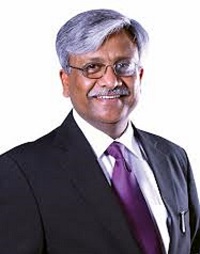

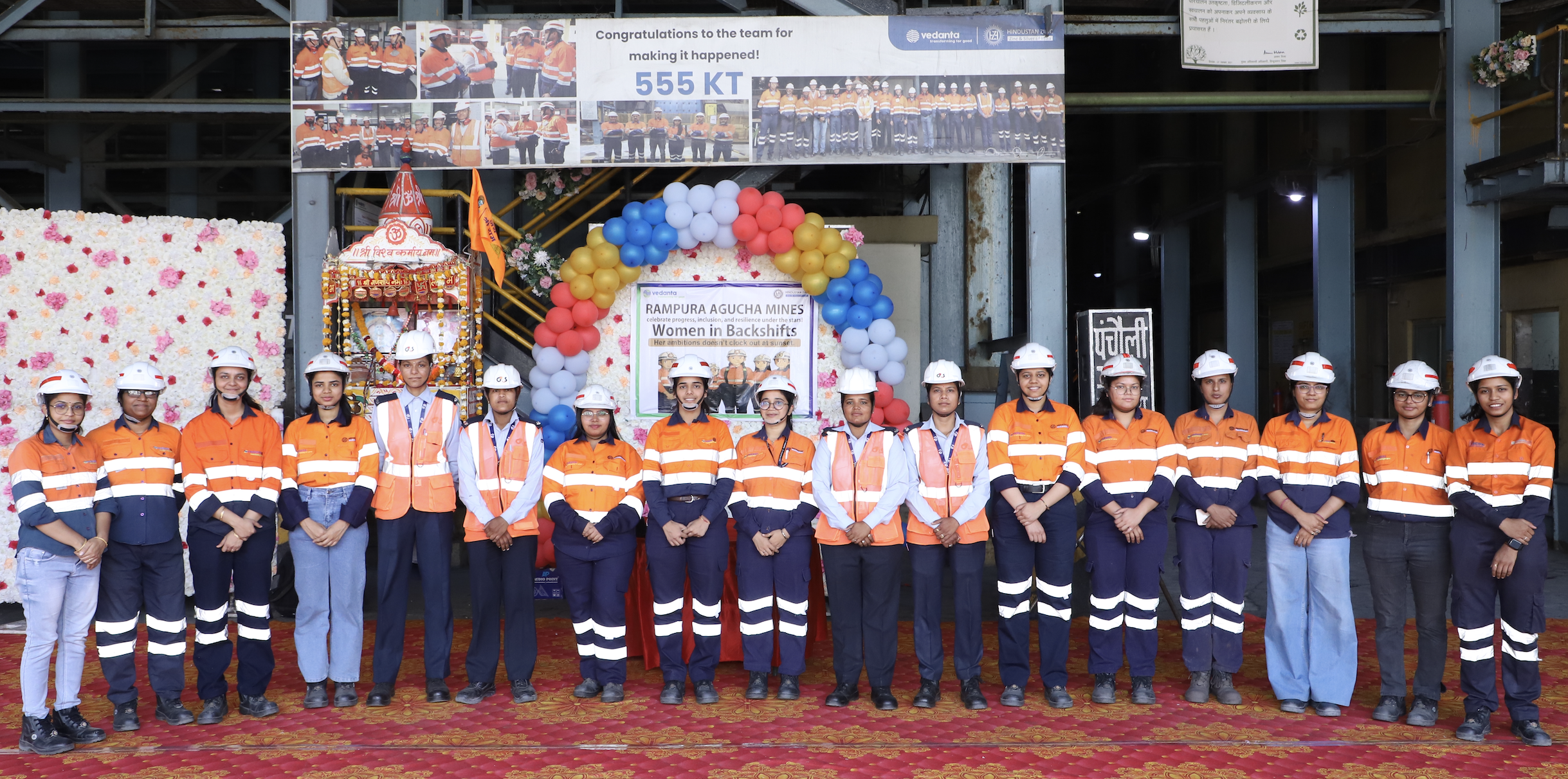
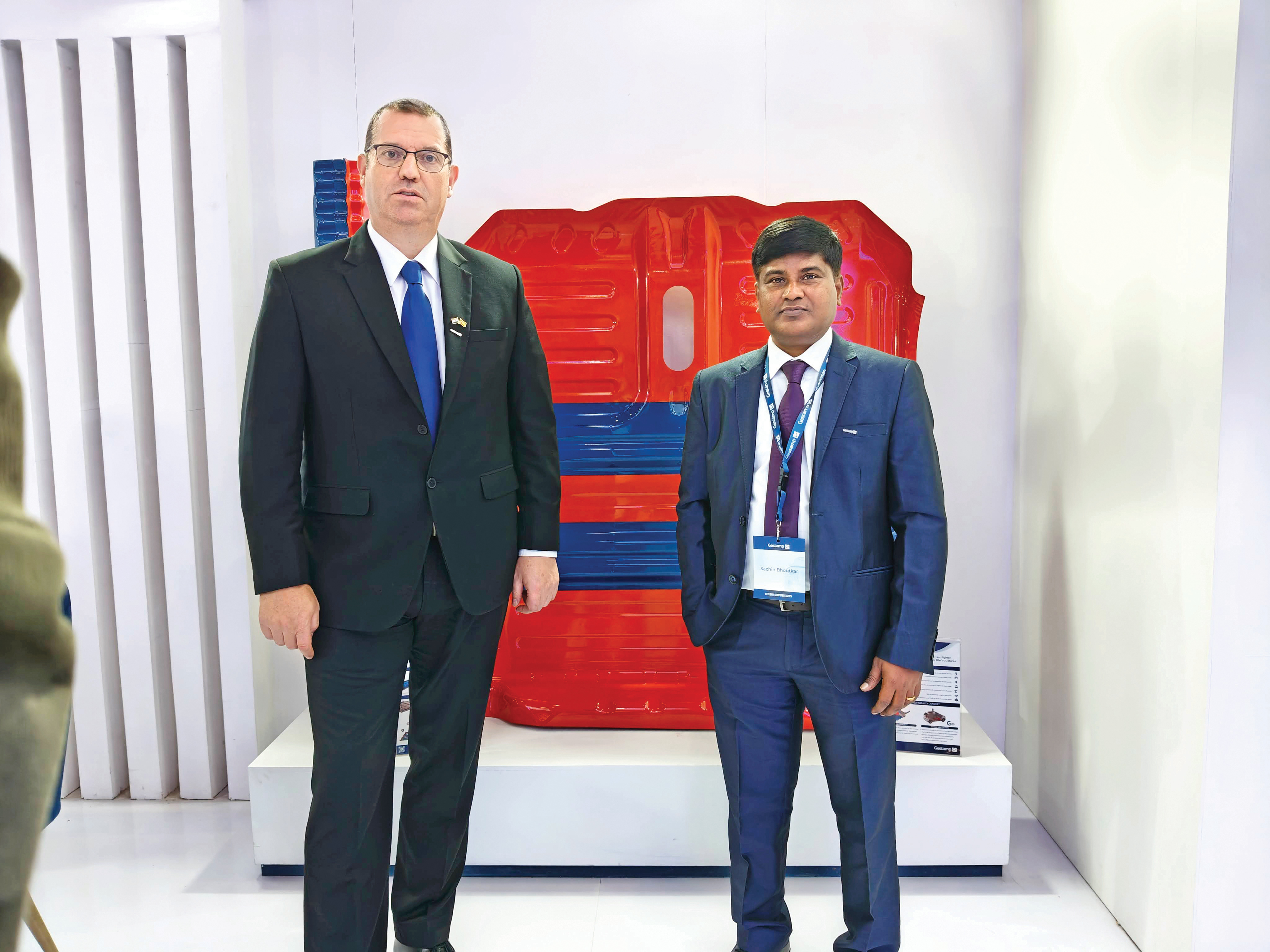
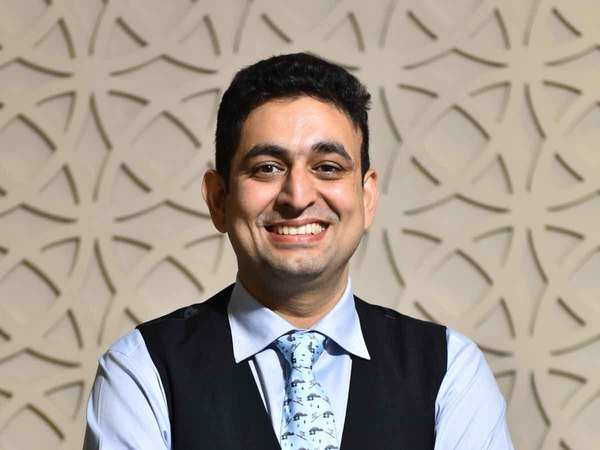
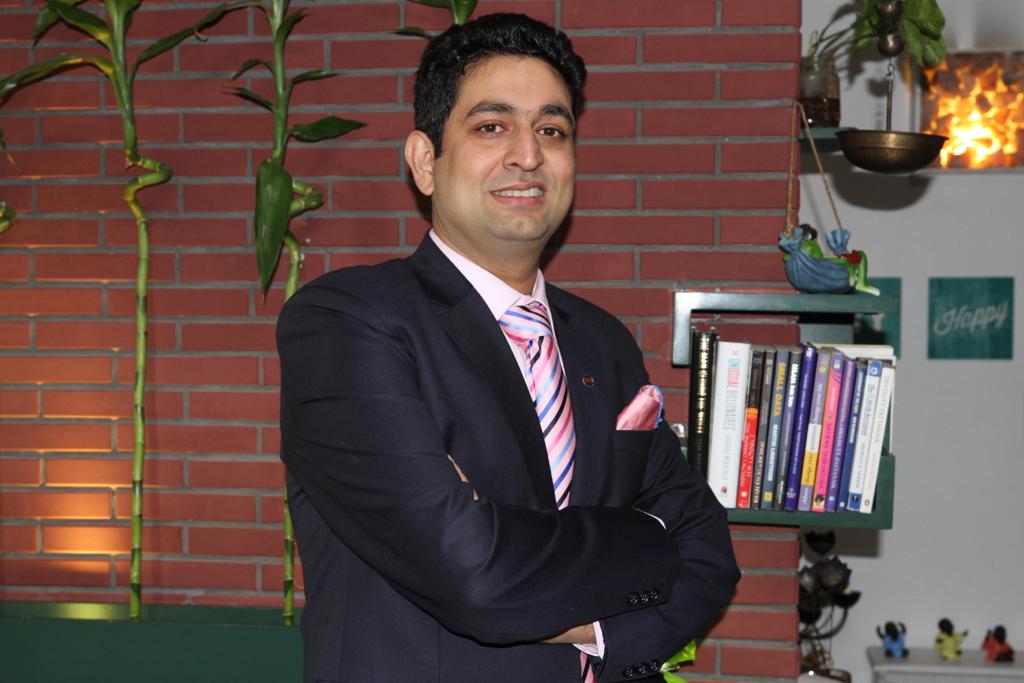

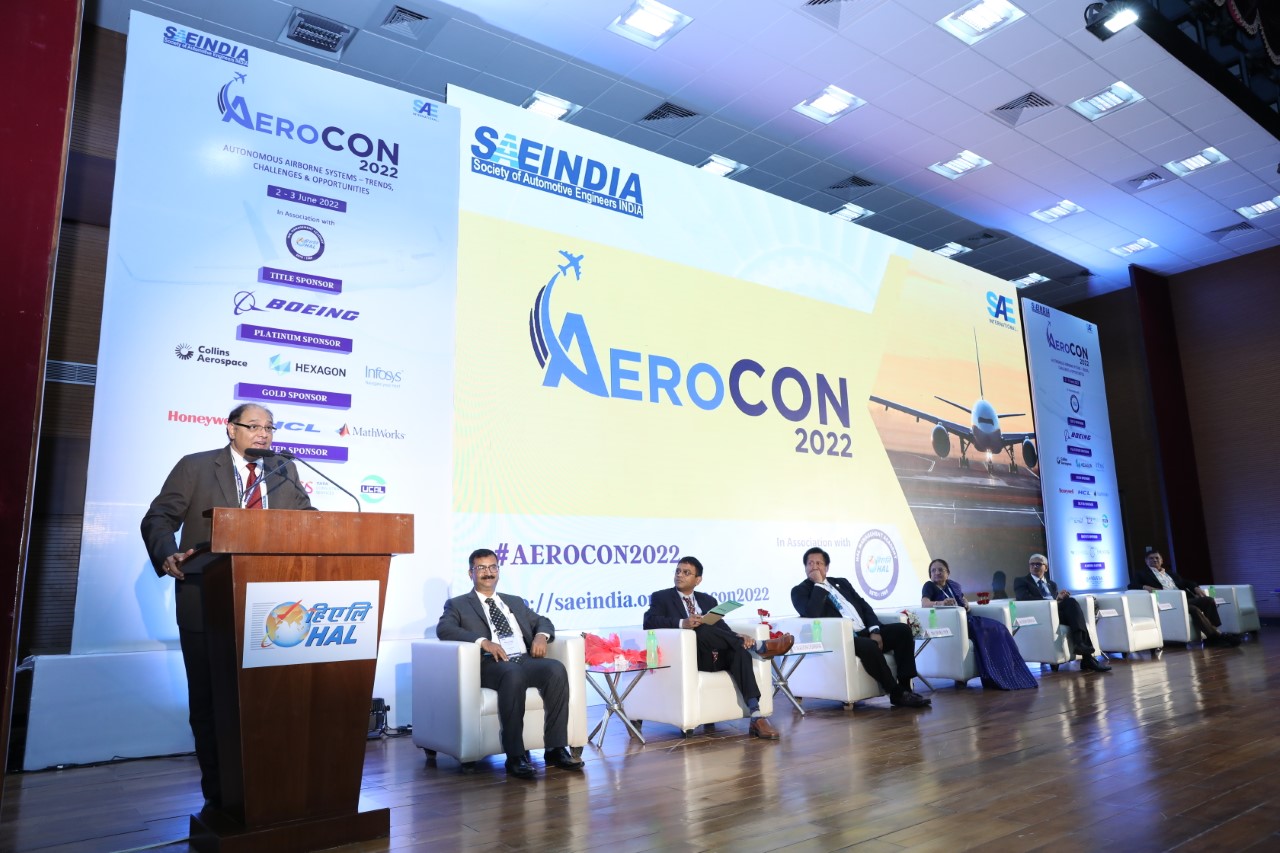
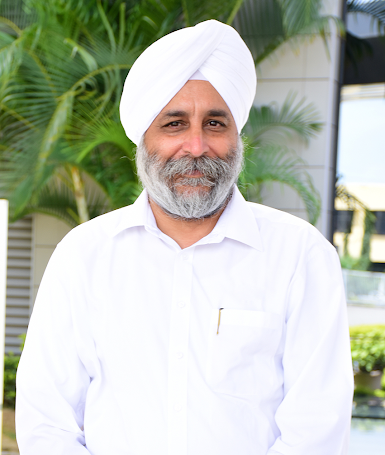
Leave a Reply